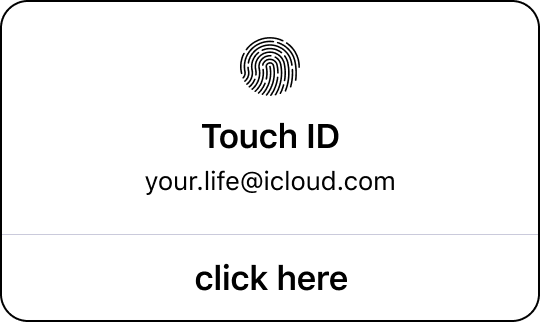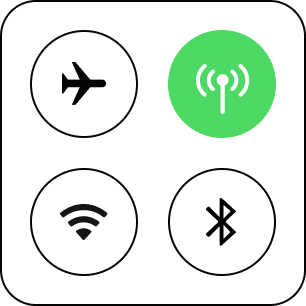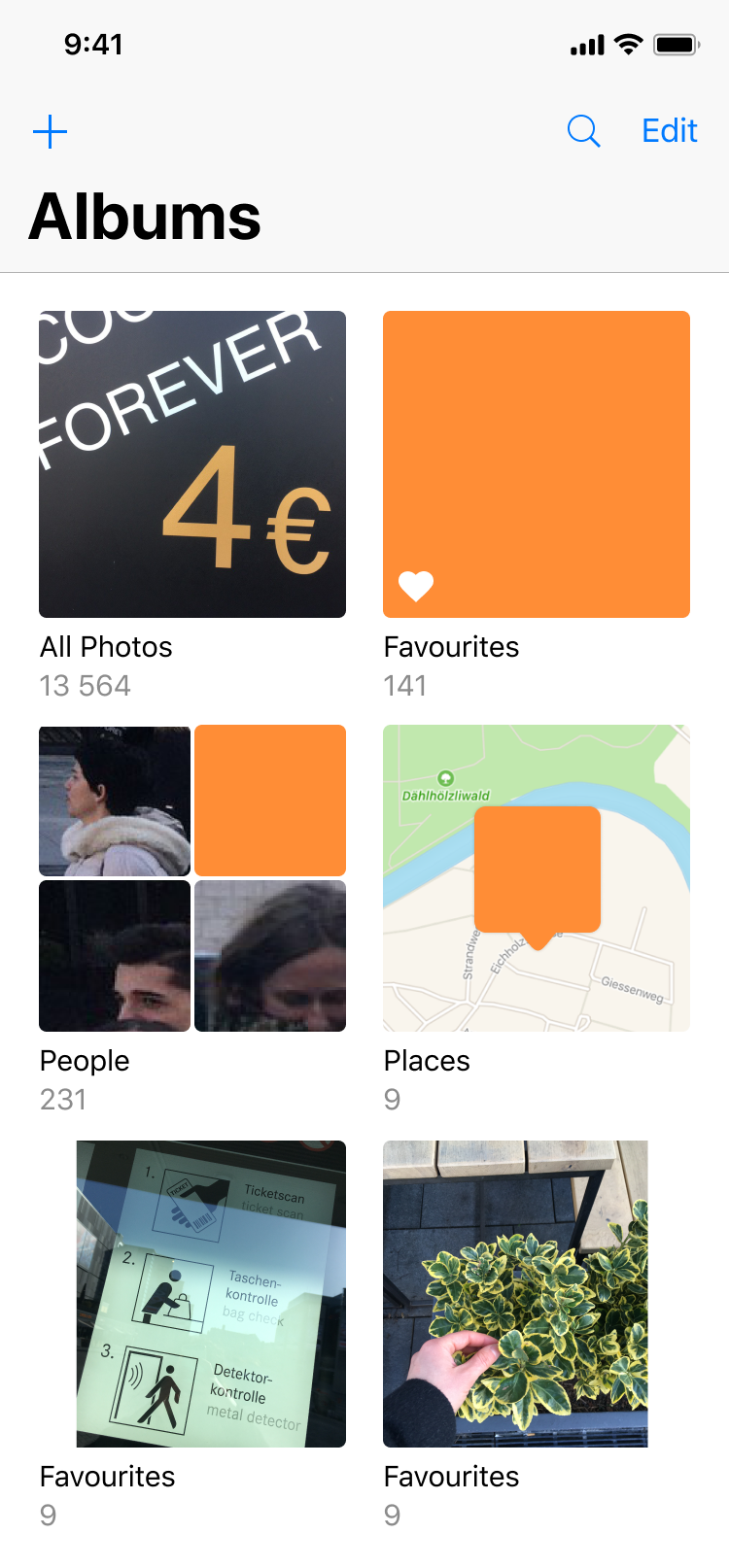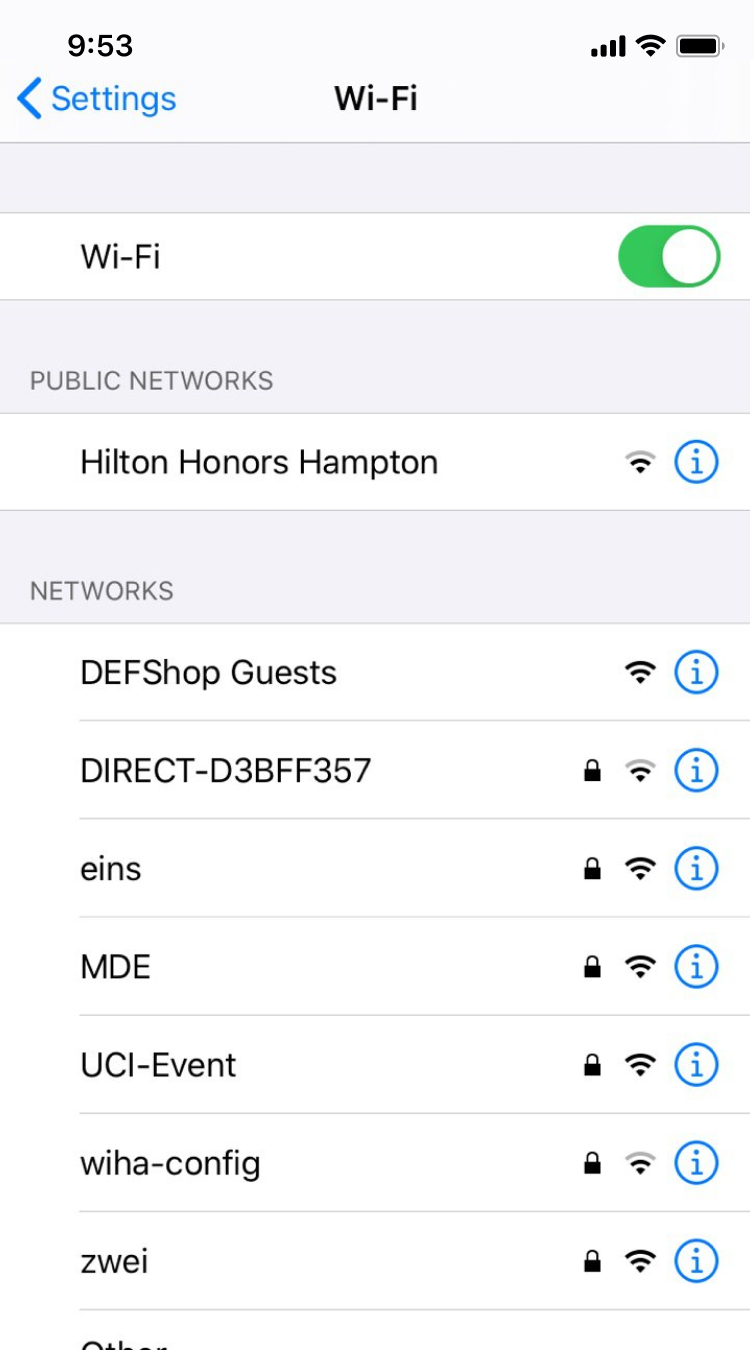Cities around the world are changing dramatically. So does Berlin. Massive data collection by private companies not only transforms the face of the city, but also how we move, stay and communicate in it. Cities are now facing a landmark decision: should they follow the tempting path of technological progress or should they put the interests of their citizens and the responsibility of their own history first? We present a hyper-realistic fiction between capitalist dreams and artificial intelligence in a place that already seems like a foreign body from the future: Mercedes-Platz in Berlin, Germany.


MercedeZ,
Tell me the truth
Our urban environment is becoming increasingly alien to us humans. Due to the growing privatisation of former public spaces and the use of artificial intelligence based on commercial interests, the city of Berlin suffers and slowly loses its independent, progressive and integrative identity. Elsewhere in the world, leading tech companies have even started to build entire neighborhoods based on their very own neoliberal-technocratic visions. You, too, play a major role in all this. As residents, we support (intentionally or not) this system by generating huge amounts of data every day and leaving it more or less carefree to third parties.


First
Getting To Know
You’re probably wondering what’s happening right now. You have entered a future Berlin and it's okay if you need some time for orientation. It's all different now. All around you there is a dense and intransparent network of technical devices and sensors. It is the basis for a hyper-intelligent system in which personal data becomes an indispensable resource. This will become clear to you step by step.
The necessary critical infrastructure for this is located all over the city. But for us it is (almost) invisible. Permanently installed systems like antennas, cameras and sensors measure and quantify our environment and form a hub for data transmission. What you may not know is that with so-called People Observation Systems (POS) such as your smartphone or other technical applications, you are just as much part of this infrastructure. Because many states and cities do not have the necessary technical know-how, these infrastructures are operated by private companies, whose main concern is to maximize their own profits. Or do you think Mercedes (or any other global player) only went to Berlin Friedrichshain-Kreuzberg to support local neighbourhoods and smile friendly?
Not at all. Already today, providers and platforms can receive user data like your legal name, age, the country you live in and also your credit card number every time you log on to a service (public wifi, app). This data – also called service data – stands for the most basic form of personal data collection. Even if you believe that you have no problem passing on your data to third parties. It may just be the beginning of something bigger.

Second
Verification
Let’s not fool ourselves: We are all using social media. And of course you have good reasons to do so. Most of us are also aware that we voluntarily leave traces in the meantime. Posting pictures, writing comments, watching stories – all this is a natural part of our everyday life. The problem lies elsewhere. We are forced to accept that we are disclosing large amounts of information and reveal a massive amount of insights about ourselves. After all, the rules on these platforms are made by their creators.
This data that we voluntarily share on channels and platforms that we cannot control is called entrusted data. Most of it are pieces of media such as posts; however, the metadata (the context in which a post was created) is regarded as a precious source of information. You are therefore giving others the opportunity to categorize you as a person and make you measurable. This also includes, for example, analyzing your network of followers and friends or mapping the places you have been.

Third
Investigation
In order to get a more detailed picture of you, MercedeZ can also use incidental data. As the name suggests, this is information that is published about you by third parties. What may sound abstract, is in reality very often the case. The simplest examples are friends and colleagues who share content from or with you on social media, tag you or mention you in comments. In the future, recognition and identification can be made even much easier. As techniques such as face recognition learn faster and faster through artificial intelligence, intelligent systems will in future be able to identify strangers in seconds.

Incidental data can also be generated when other people that you know are too careless about data privacy. For example, if your best friend allows apps like WhatsApp to access her contacts, personal information (see: service data) such as your name, phone number, email or home address may be shared. What this means for you at the moment is that even if you are very careful about your own data, you are not automatically safe. MercedeZ could easily access Paul's Instagram and learn from his posts that he seems to have a close relationship with Zoe.

Fourth
Assistance
By now, the system has already gotten a glimpse on which kind of person you are as well as what and who you like. Yet, to understand who you really are - that is your personality, needs, dreams, fears, etc. – it needs to know how you behave.

Data about you is being collected constantly. Every time you interact with your mobile phone or computer, your device will hand over specific data to the receiving server about the websites you visit. This process is also known as tracking, which enables the fourth level of data: behavior data. How does it work? Your IP address, cookies, trackers, and more recently, browser fingerprinting helps to identify you as a unique user and track your online behavior.
Try to remember your browsing behavior from yesterday – do you remember every search query, mouse click, how often you have visited which websites, with whom you shared links, which app you used, the things you bought, which time you bought them and where you have been at that moment?
You can’t, right?
Well, the system can – and piece by piece an accurate image of yourself is being accumulated. That way, the system knows by now, if you are a late or early riser; if it's likely for you to get drunk and buy random things on ebay in the middle of the night, if you are a cat or dog person, which kind of sexual protection you’re using or if you’re seeing more than one person at a time.
Fifth
Decision
The most important dimension of an intelligent system is to understand you as a human and predict your behavior. This understanding can lead to perfectly tailored on-demand services. Think of a system that can not only sense your physical, but even mental needs. A system that knows what your potentials are before you do. An automatic service that helps you to realize perceptions, creativity and even spirituality.


We have reached the fifth level – derived data. It’s information about you that is inferred from other data. Sure, as a human being you are an individual and unique, but from the perspective of intelligent systems there are thousands of profiles that share the same characteristics, social media network information, location data and browsing behavior as you do. In order to accurately provide customer services, your individual profile gets categorized into one or more group profiles – binding group characteristics to you that the system might not have known until then. Which algorithms are used, and to which group profile you will be assigned to, is beyond your control.
Think of all the ads, information and services that pop up as soon as you open your browser – they are all filtered before you receive them. That way you live in a filtered bubble, without knowing on which basis it’s filtered on. In the end, the system relies on derived data in order to predict your behavior, choices and in that way even your future.

Maslow’s Hierarchy of Needs for Understanding human Motivation
My body
My data
It is not only
your data, it is
everybody’s
data.
You made it! You reached the end of the story and might feel confused or even shocked.
Keep in mind, what you’ve seen is realistic fiction. Yet, considering current developments in city planning as much as the use of artificial intelligence with commercial intentions, this narrative could be non-fiction in no time.
AI’m Mercedesz – The intelligent Space
Artificial Intelligence itself is already used in various fields. You have probably already been chatting to some bots, used online translators or spoken to your phone. In general it could be argued that AI is not problematic in itself, but its use by companies is. In our case, MercedeZ, a “public” AI service that operates in a future Berlin, is supposed to visualize the role of private investors with regards to the use of AI and your data. If we allow private companies to further increase their influence on cities, who can give us the guarantee that our data is used in a responsible way? Who can guarantee that we are not instrumentalized and subconsciously influenced?
Just because you don’t pay for it, it doesn't mean that someone isn’t trying to make money out of it.
ATTENTION!
Data is collected by multiple devices.. your phone.. smart watch.. home assistence devices!
The six levels of data
First level • Second level • Third level
Fourth level • Fifth level • Sixth level
- 1. Service Data: personal characteristics such as name, age, phone number or address we need to share with providers in order benefit from their services.
- 2. Disclosed Data: media (photos, messages, comments) that we post on a webpage, blog or website we own and host.
- 3. Entrusted Data: data (mostly media, but also its metadata) that is posted on a platform we do not control: like Facebook, Instagram ect.
- 4. Incidental Data: data about us, shared by others. (Pictures that are tagged, comments, a friend who gives WhatsApp or google maps access to their adress book.
- 5. Bevavioral Data: data created when we interact with our computer or mobile phone. Insight on what we do, with whom, how often and where.
- 6. Derived Data: data about us that is inferred from other data. Data brokering companies create group profiles on the basis of shared characteristics, based on social media networks, location data and / or browsing behaviour.
Take Action!
It’s not too late to shape the future
We can still be in charge of our data, have a say about what gets filtered to us and prevent companies of reducing us to group profiles. Take responsibility and reflect your own user behavior. There are many small things you can already do!Our natural human needs should always be more important than profit and commercialization.
For once, at least in Europe there is actual protection. It’s called GDPR (General Data Protection Regulation) and you should definitely have heard about it. The GDPR is a European Union privacy law that came into effect on May 25, 2018. It increases restrictions on what organisations can do with your data, and it extends the rights of individuals to access and control data about them. The GDPR defines the rights that individuals have to access and control their data, for example the right to be informed and the right to be forgotten (erasure).
If you need some assistance to clean your phone, laptop or any other device, you should definitely check out this Detox Kit for your devices.
Panopticlick is a tool that analyzes how well your browser and add-ons protect you against online tracking techniques. You will also find out, how unique and thus identifiable your browser is. To test your browser fingerprint.
Lightbeam is an add-on for Firefox that shows you who else is present when you visit a website. When you go to the next website, the add-on can tell you who has seen you on each and both sites.
If you want to know who is tracking you when youm reading news online you should visit the website Trackography. It can also tell you which countries your data travels through along the way.
Basically all you need to know about tracking, browser alternatives, add-ons and much more, you should visit myshadow.org. It’s a project created already in 2012 but has been continuously developed.
Credits & Sources
https://www.schneier.com/books/data_and_goliath/
https://privacyinternational.org/campaigns
Hong Xu, Xuexian Geng (2019): People-Centric Service Intelligence for Smart Cities, in: Smart Cities 2019, 2, 135–152; doi:10.3390/smartcities2020010
Map data #1: https://emf3.bundesnetzagentur.de/karte/
Map data #2: https://www.openstreetmap.org/
Map data #3: Personal survey using services provided by wigle.net
Thank you! This is our result of the course Mapping Cities – Making Cities by Prof. Dr. Marian Dörk.
MercedeZ, tell me the truth — a project by Thomas Haas & Laura Koch (text), Gabriela Rocha (design & illustrations) and Dimitar Ruszev (interaction & code). Potsdam University of Sciences 2019/20.